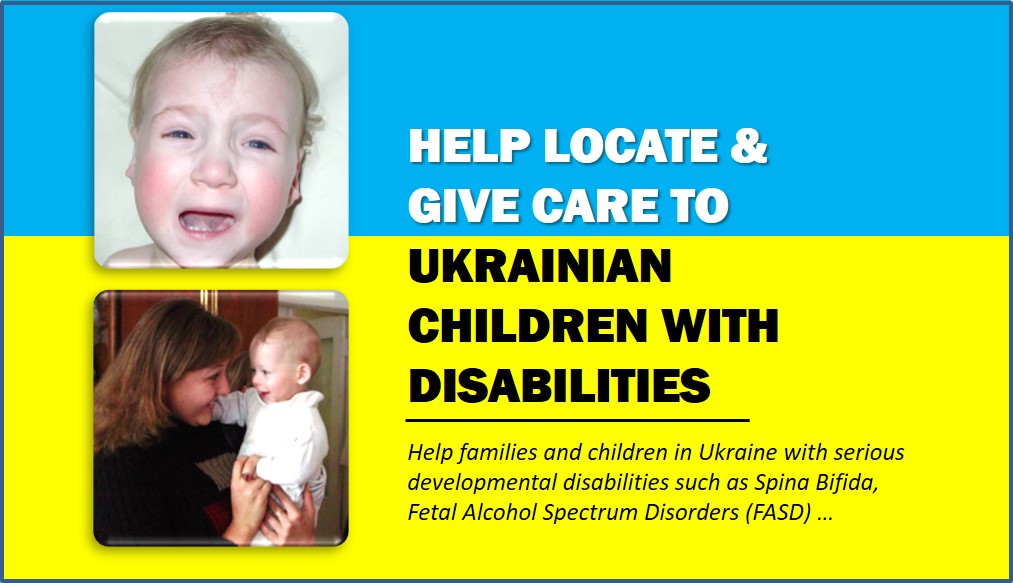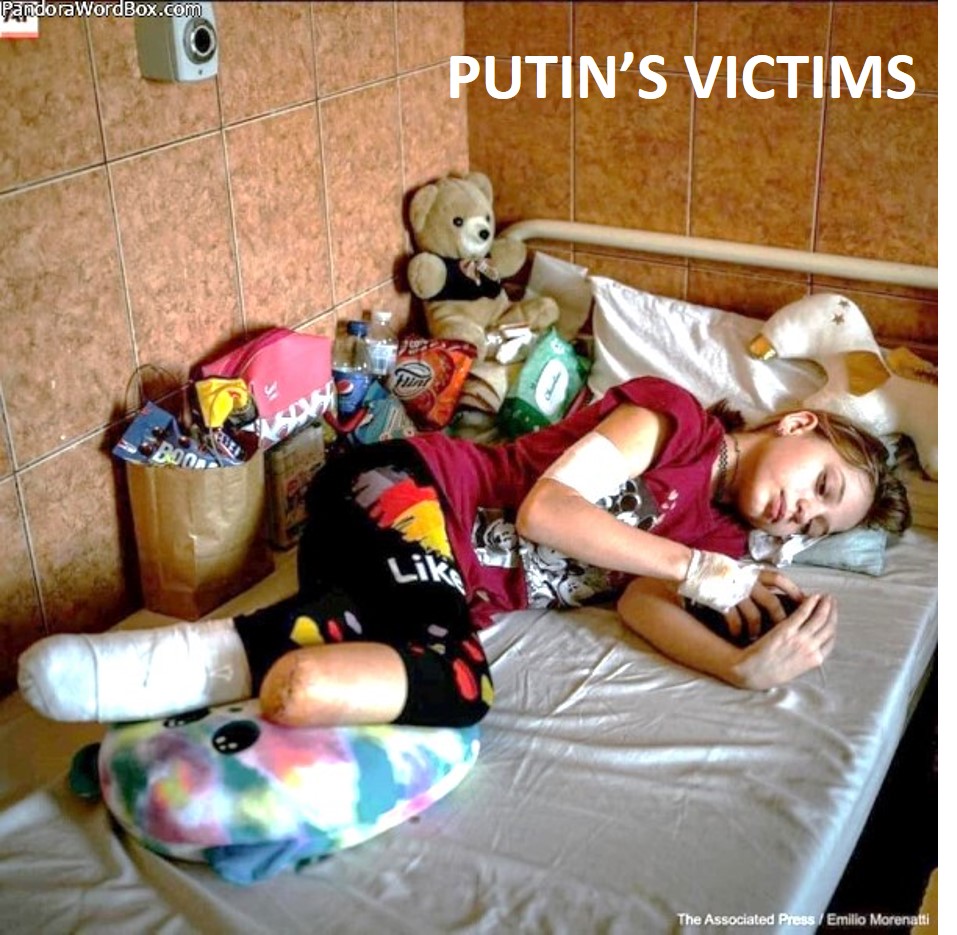CHORNOBYL - POLISSIA - INTERNATIONAL PARTNERSHIPS
GOALS FOR INTERNATIONAL PARTNERSHIPS
Academy of Medical Sciences of Ukraine
OMNI-Net Ukraine
We invite individuals and organizations to engage in science, medicine, health care and humanitarian partnerships in Ukraine. Our government considers incrementing maternal child health and development programs as a national priority.
The Academy of Medical Sciences of Ukraine (1) in partnership with OMNI/Net, a not for profit international consortium of five regional birth defects surveillance, care and prevention teams in five regions of Ukraine (2) jointly propose:
- To serve as ombudsman for international partners
- Co-sponsor courses, training and workshops
- Facilitate planning and pilot trials
- Assist programs aimed at orphanages
- Welcome international parental support groups
- Expedite agreements and compliance with regulations
- Provide access to OMNI-Net regional Resource Centers
- Provide logistical support inclusive of English competent facilitators
Polissia (Polissya) Region:
We single out this unique region of Ukraine stretching from east to west from Russia, Belarus, Poland and the northern zones of several Ukrainian oblasts. Polissia sustained the most severe levels of radiation following the Chornobyl disaster. Also, Polissia is ecologically unique because it represents mostly wetlands and is inhabited by descendants of ancient Baltic - Slavic populations. Most of the Polissia population lives in small villages located on islands of higher ground. Because of the impact from Chornobyl many villages and population as a whole in this region has reverted back to subsistence level activities and can be regarded as being a natural experimental model for health and other research studies. (3)
Of potential interest to International Partners may be:
- Reproductive, genetic and health aspects of Polissia village populations exposed to 20 years of Chornobyl ionizing radiation and consuming milk and other foodstuffs with significantly high levels of Cs-137. (3)
- Prospective studies of prenatal exposure to alcohol (lower in Polissia, highest in southern regions) (4)
- Nutrition, micronutrients, alcohol, smoking, obesity and other factors that impact pregnancy outcomes and prematurity. (Contrasts among regions and Polissia are significant)
- Strategies and implementations to reduce high NTD rates in Ukraine (6)
- Cluster of conjoined twins in Polissia-Rivne region, perhaps associated with anencephaly and other NTD malformations
- Strategies to reduce abandonment of infants to the care of the state, perhaps by promotion of ambulatory early intervention programs for children with special health care needs (7)
- Strategies to prevent iatrogenic cognitive delays and "attachment disorders" in orphans (7)
- Development of electronic information systems with emphasis on teleconsultations, vernacular languages, child development and parental support organizations (8)
- Development of a non-governmental National Bioethics Center (9)
- Development of parental support organizations (10)
- Lectures, Workshops and Training events (11)
- Providing resources to orphanages (12)
References upon request. Contact: W. Wertelecki, M.D. at genfir3@aol.com







